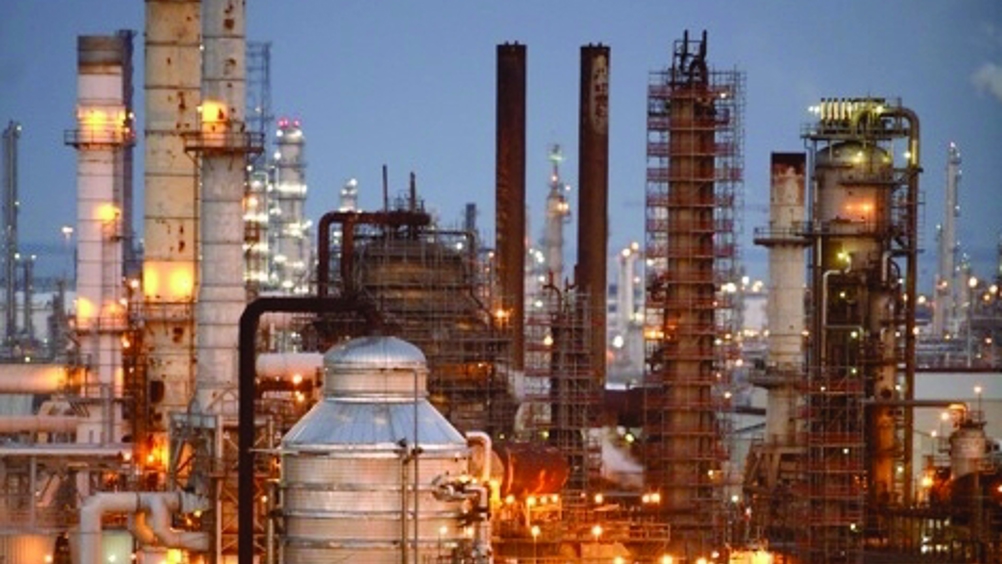Biocatalyst could produce hydrocarbon chemicals
Scientists at Manchester University have identified a biocatalyst that could produce chemicals found in ice-cream and household items such as soap and shampoo — possibly leading to the long-term replacement of chemicals derived from fossil fuels.

Writing in PNAS, the researchers are said to have shown that the emerging field of synthetic biology can be used to manipulate hydrocarbon chemicals (found in soaps and shampoos) in cells.
According to a statement, this development, discovered with colleagues at the University of Turku in Finland, could mean fuel for cars or household power supplies could be created from naturally occurring fatty acids.
The researchers, led by Manchester University’s Prof Nick Turner, used synthetic biology to commandeer naturally existing fatty acids and direct them towards the production of ready-to-use fuel and household chemicals.
The breakthrough allows researchers to further explore how to create renewable energy from sustainable sources, and the advance could lead to more innovative ways of sourcing fuel from natural resources.
Synthetic advances
Synthetic biology is an area of biological research and technology that combines science and engineering, and significant advances have been made in this field in recent years.
Prof Turner said: ‘In our laboratories in Manchester we currently work with many different biocatalysts that catalyse a range of chemical reactions — the key is to match up the correct biocatalyst with the specific product you are trying to make.
Register now to continue reading
Thanks for visiting The Engineer. You’ve now reached your monthly limit of news stories. Register for free to unlock unlimited access to all of our news coverage, as well as premium content including opinion, in-depth features and special reports.
Benefits of registering
-
In-depth insights and coverage of key emerging trends
-
Unrestricted access to special reports throughout the year
-
Daily technology news delivered straight to your inbox










Water Sector Talent Exodus Could Cripple The Sector
Well let´s do a little experiment. My last (10.4.25) half-yearly water/waste water bill from Severn Trent was £98.29. How much does not-for-profit Dŵr...